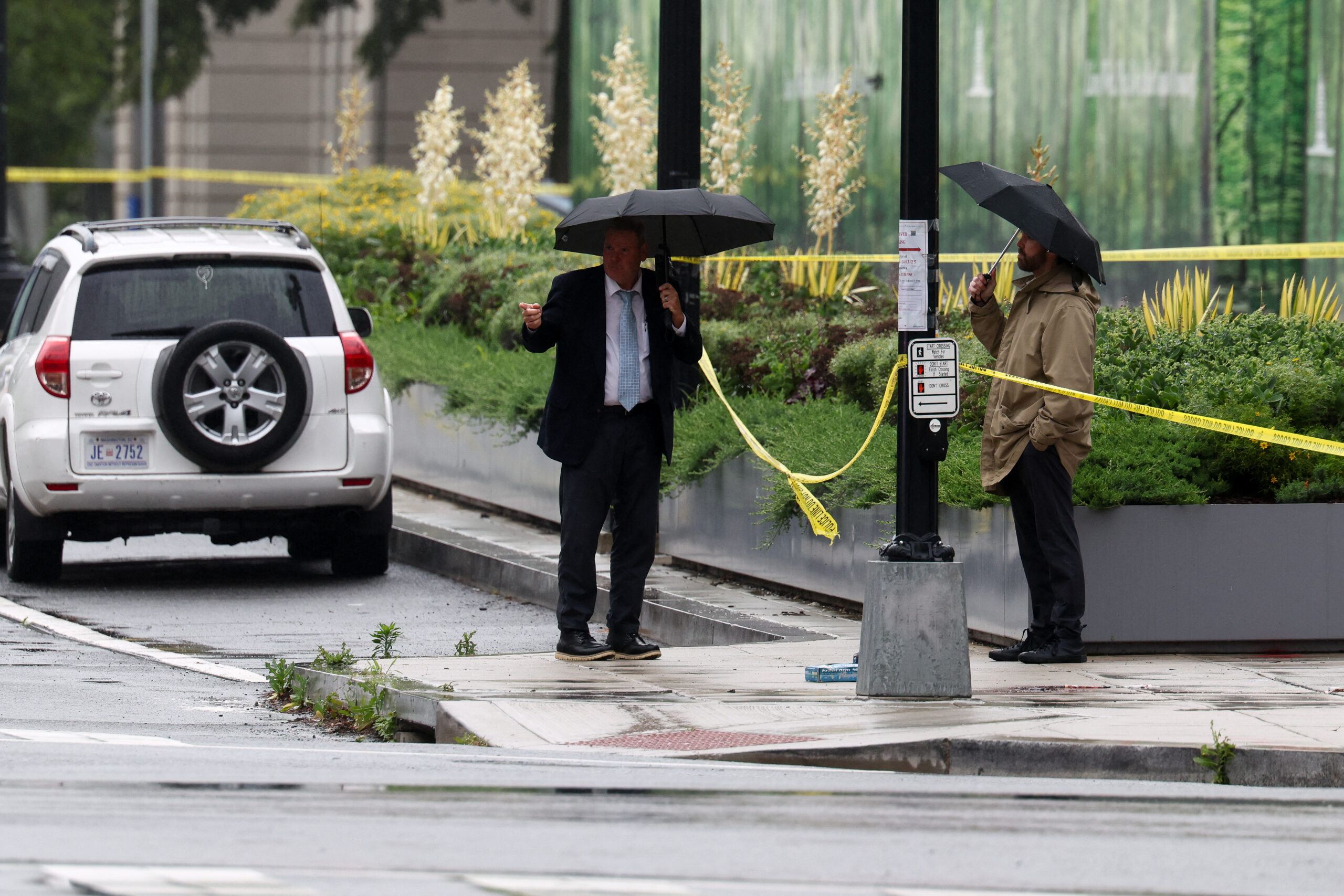In a wide-ranging and sobering conversation on Chicago’s Morning Answer with Dan Proft and John Kass, legal scholar and Cornell Law professor William Jacobson addressed a string of troubling developments with implications for America’s cultural, legal, and educational institutions.
At the center of the discussion was the reported shooting of two Israeli embassy staffers near the U.S. Capitol. Early reports indicate the suspect, a radical activist with ties to the far-left Party for Socialism and Liberation, shouted “Free Palestine” before and after opening fire. Jacobson, founder of Legal Insurrection and the Equal Protection Project, warned this may represent a dangerous escalation.
“What we’re seeing here may be the violent manifestation of what’s long been building on the extreme left,” Jacobson said, referencing what he calls the “red-green alliance” — a convergence of far-left ideologues and Islamist radicals, united not by religion or culture, but by a shared hatred of Israel, the United States, and Western institutions.
Jacobson pointed out that similar alliances have emerged throughout history, such as during the Iranian Revolution, and suggested that while these alliances are inherently unstable, their short-term objectives align. The professor noted that although initial reports should be treated with caution, the apparent motive and affiliations of the shooter signal a troubling trend toward ideological violence among disillusioned young radicals.
The conversation then pivoted to higher education, particularly the economic and cultural unraveling of many mid-sized public universities like Western Illinois University. Jacobson emphasized that bloated DEI bureaucracies, skyrocketing tuition driven by federal student loan guarantees, and demographic shifts are contributing to the collapse of these institutions.
“They built unsustainable models and now they’re collapsing under their own weight,” Jacobson said. “They created DEI bureaucracies that do not reflect the values of the majority of Americans. They’re completely out of step with the public.”
Jacobson also noted the broader societal divide between elite academic institutions and the general population. Referring to his own experience at Cornell, he said many faculty and students live in an ideological bubble, unaware of why they’ve lost public support. He predicted that while Ivy League schools may continue to enjoy influence due to their credentials and endowments, mid-tier schools face an existential crisis.
The discussion included the unexpected selection of University of Michigan President Santa Ono as the sole finalist to replace Ben Sasse as president of the University of Florida. Ono oversaw the creation of a massive DEI bureaucracy in Michigan, and Jacobson called the pick “bizarre” given Florida’s legislative efforts to curtail such programs.
“If he wants to survive there, he’s going to have to get in line,” Jacobson said, suggesting the choice may create political tension in Florida’s higher education system.
Finally, Jacobson provided an update on the Ames v. Ohio Supreme Court case, which could be pivotal in reshaping civil rights law. At issue is whether so-called “reverse discrimination” cases — where the plaintiff is white or heterosexual — should be subject to a higher burden of proof. Jacobson’s Equal Protection Project filed a brief arguing that all discrimination claims should be evaluated equally, regardless of the race or sexual orientation of the claimant.
“This could be a 9–0 decision,” Jacobson predicted, noting the justices’ skepticism during oral arguments. “The distinction between regular and reverse discrimination doesn’t hold up anymore. Discrimination is discrimination.”
Jacobson concluded that if the Court rules in favor of the plaintiff, it could have significant implications for governments and institutions — including municipalities like Chicago — that have implemented race- or identity-based policies under the banner of equity.
With campus unrest, ideological violence, and mounting legal challenges to race-conscious policies all on the rise, Jacobson’s appearance underscored the deep cultural fault lines running through today’s institutions — and the growing demand for accountability, equal protection, and a return to shared civic principles.





